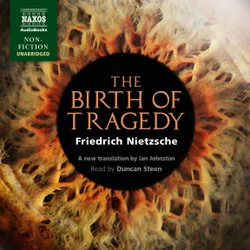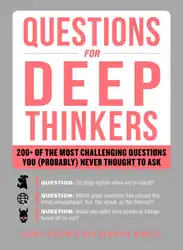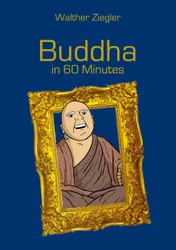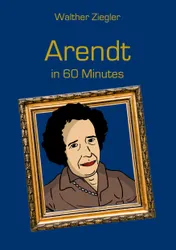John Rawls's masterpiece A Theory of Justice was discussed all over the world already during the author's lifetime. Its very title is provocative since it is generally believed that there can be no general theory of justice: what is just for one man is unjust for another. But Rawls succeeds nonetheless in giving a definition of a just society. To do this he develops a brilliant procedure: choice from behind a "veil of ignorance". If we are to choose, absolutely fairly and objectively, how property, income and education are to be justly distributed, then the people choosing must not know in advance whether, in the society they choose, they will be rich or poor, male or female, worker or employer, educated or uneducated, talented or untalented. Because a rich man is likely to find great differences in wealth just, a poor man unjust. Only a "veil of ignorance", says Rawls, "forces each to take the welfare of others into account". Such a choice "behind a veil" could, of course, never actually take place. But if it did, says Rawls, then it would produce the only two perfectly just principles of justice that can be applied to a society: the equality principle and the "difference principle". By these the quality of every modern society can be measured. What do these principles mean in detail? And can the same thought-experiment work in other contexts? If, for example, we did not know whether, in a future society, we would be humans or animals, would we then choose a vegetarian society? Rawls surely sets off, with his Theory of Justice, a whole firework display of ground-breaking new ideas. This introduction to Rawls appears as part of the popular series "Great Thinkers in 60 Minutes".
Rawls in 60 Minutes : Great Thinkers in 60 Minutes
Kom igång med den här boken idag för 0 kr
- Få full tillgång till alla böcker i appen under provperioden
- Ingen bindningstid, avsluta när du vill
Författare:
Språk:
Engelska
Format:

Consider the Turkey

El arte de la seducción

The History of Political Thought : A Very Short Introduction

Archaeology of Knowledge, The : And the Discourse on Language

The Infidel and the Professor : David Hume, Adam Smith, and the Friendship That Shaped Modern Thought

Feminism : A Very Short Introduction

On Human Nature

Cicero : The Life and Times of Rome's Greatest Politician

Machiavelli : A Very Short Introduction, 2nd Edition

The Birth of Tragedy

Questions for Deep Thinkers : 200+ of the Most Challenging Questions You (Probably) Never Thought to Ask

Anarchy, State, and Utopia : Second Edition

Great Thinkers in 60 Minutes - Volume 4 : Schopenhauer, Nietzsche, Wittgenstein, Kafka, Arendt

Great Thinkers in 60 Minutes - Volume 5 : Adorno, Habermas, Foucault, Rawls, Popper

Great Thinkers in 60 Minutes - Volume 3 : Confucius, Buddha, Epicurus, Descartes, Hobbes

Foucault in 60 Minutes : Great Thinkers in 60 Minutes

Schopenhauer in 60 Minutes : Great Thinkers in 60 Minutes

Epicurus in 60 Minutes : Great Thinkers in 60 Minutes

Descartes in 60 Minutes : Great Thinkers in 60 Minutes

Kafka in 60 Minutes : Great Thinkers in 60 Minutes

Buddha in 60 Minutes : Great Thinkers in 60 Minutes

Confucius in 60 Minutes : Great Thinkers in 60 Minutes

Arendt in 60 Minutes : Great Thinkers in 60 Minutes

Habermas in 60 Minutes : Great Thinkers in 60 Minutes
